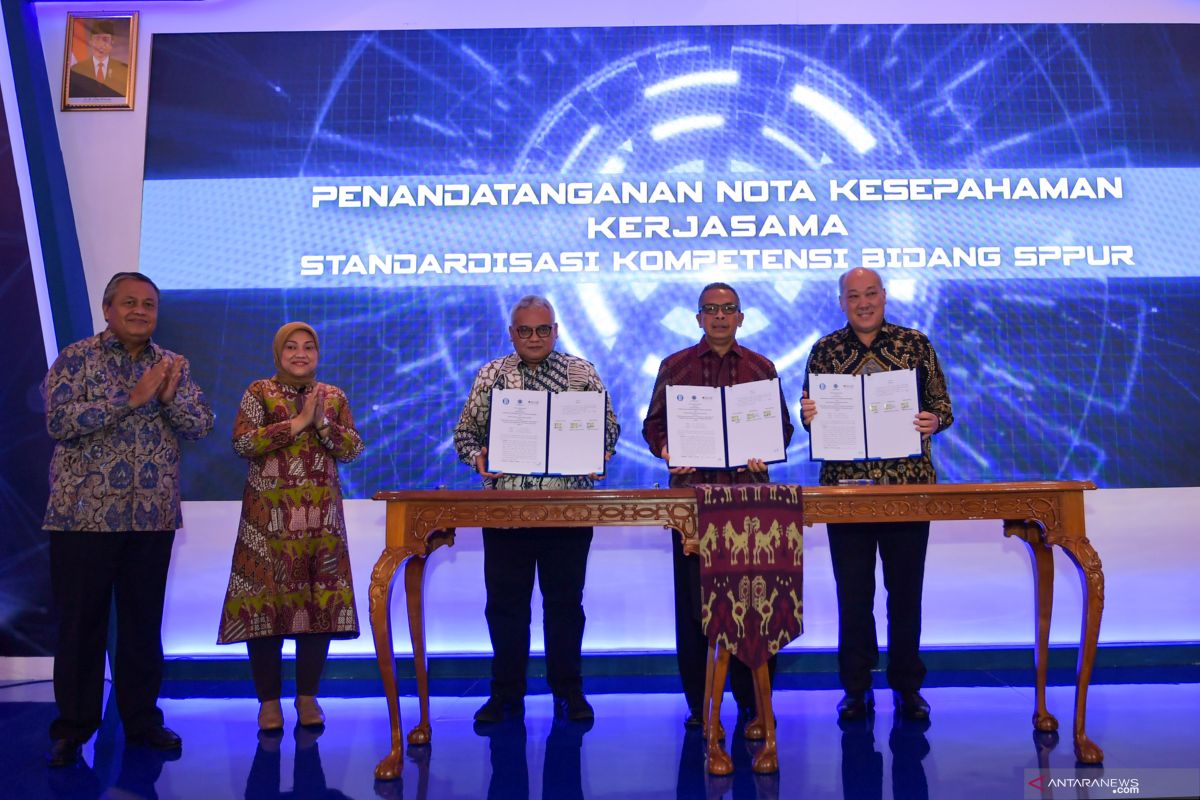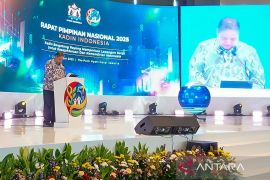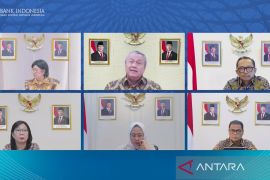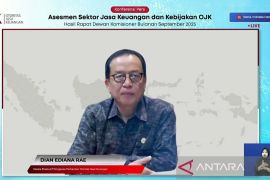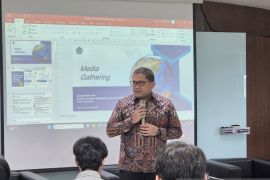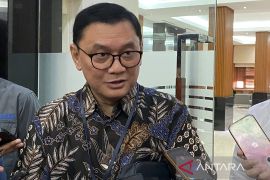This is a merchant that will become a source of new economics, sellers, and producers in traditional marketsJakarta (ANTARA) - Bank Indonesia (BI) will boost digitalization of the payment system for Micro, Small and Medium Enterprises (MSMEs) using the Quick Response Code Indonesian Standard (QRIS) through the National QRIS Week.
"Now, what we are doing fast is how the Indonesian payment system will digitize the largest segment of MSMEs, with 93.4 million, that have not been touched, not only for financial inclusion but also economic inclusion," BI Governor Perry Warjiyo stated here on Monday.
Warjiyo has invited banks, payment system associations, and other related parties to collaborate to back the efforts to digitize UMKM.
According to Warjiyo, SMEs are a source of economic growth and absorb significant labor in the midst of the era of declining globalization, specifically in the midst of the trade war and the Coronavirus outbreak that had impacted the economy.
Warjiyo pointed to some three million businessmen or merchants in the country using QRIS.
Through the National QRIS Week, he is optimistic of an increase in the number of businesses using the digital payment system.
To support this effort, the Central BI will hold a massive campaign, through 46 representative offices of BI in the country.
"This is a merchant that will become a source of new economics, sellers, and producers in traditional markets," he stated.
In addition to MSMEs, the tourism and retail sectors are the sources of strong economic growth in future.
Warjiyo had earlier outlined Indonesia’s Payment System (IPS) 2025 Visions to ensure the current trend of digitalization develops within a conducive digital economic and financial ecosystem.
The visions are a response to the recent proliferation of digitalization that has significantly altered the risk landscape, through cyber threats, monopolistic competition, and shadow banking that could undermine the effectiveness of monetary controls and stability of the financial system and sound payment systems, according to a statement.
The statement was delivered during an international seminar titled, “Digital Transformation of the Indonesian Economy” held on Monday in Jakarta.
The IPS 2025 Visions are: First, reinforce the integration of the national digital economy and finance to ensure the proper functioning of the central bank mandate in money circulation, monetary policy, and the stability of the financial system, as well as financial inclusions.
Second, work for faster digital transformations within the banking industry to sustain the banks’ role as a primary institution in the digital economy and finance, through the implementation of open-banking standards, as well as the deployment of digital technology and data in their financial products and services.
Third, ensure the interlinks between Fin-Tech and banks to contain the escalation of shadow-banking risks through the regulation of the use of digital technology (e.g. Application Programming Interface-API), business relations, and business ownerships.
Fourth, indemnify the balance among innovation, consumer protection, integrity, and stability, as well as fair competition, through the implementation of digital Know Your Customer (KYC), Anti-Money Laundering and Combatting the Financing of Terrorism (AML/CFT), data/information/public business openness, and the deployment of Reg-tech and Sup-tech for reporting, regulatory and supervisory tasks.
Fifth, safeguard national interests on the cross-border use of the digital economy and finance through the obligation of domestic processing of all onshore transactions and domestic partnerships for all foreign players, under the consideration of the principles of reciprocity.
Related news: Indonesia's foreign exchange reserves at US$130.4 billion in February
Related news: BI, Korean central bank extend cooperation on currency exchange
EDITED BY INE
Reporter: Dewa Ketut, Azis Kurmala
Editor: Fardah Assegaf
Copyright © ANTARA 2020
